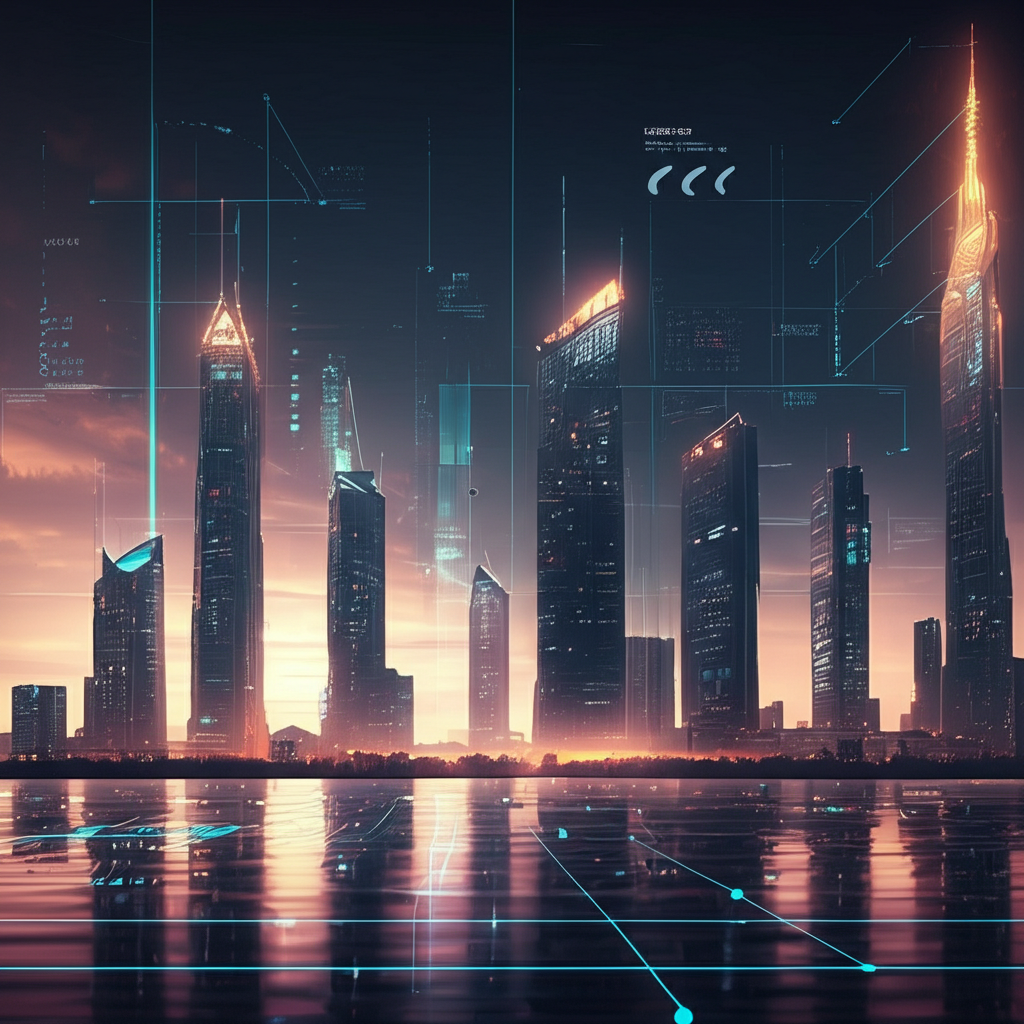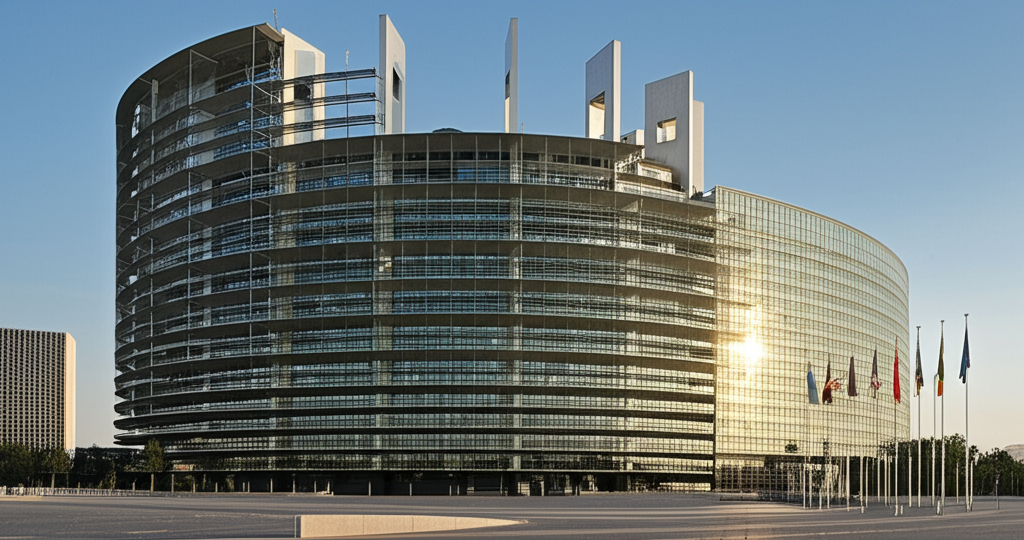Landmark Court Ruling: AI-Generated Content Can Be Copyrighted Under Specific Conditions
In a landmark decision that could reshape the landscape for AI-generated creative works, the U.S. Court of Appeals for the Second Circuit has ruled that content created with the assistance of artificial intelligence can be eligible for copyright protection under specific conditions. The ruling establishes that when there is "substantial human creative input" in the generation and selection process, the resulting works may qualify for copyright protection.
The Case: Harper v. Midjourney
The ruling comes in the case of Harper v. Midjourney, where visual artist Jordan Harper sued after another creator used AI to generate images in a style similar to Harper's distinctive work. The case evolved to address the broader question of whether Harper's own AI-assisted works could receive copyright protection.
The three-judge panel ruled 2-1 that:
- AI-generated works are not automatically ineligible for copyright protection
- The level and nature of human creative input is the determining factor
- Copyright can apply when humans provide substantial creative direction and curation
- Purely AI-generated works with minimal human input remain ineligible for copyright
The "Substantial Human Input" Standard
The court established a new "substantial human input" standard for evaluating copyright claims for AI-assisted works. Under this standard, copyright protection may apply when:
- The human creator provides detailed, creative prompts that shape the output
- The creator makes meaningful selections from multiple AI-generated options
- The creator substantially modifies or enhances the AI output
- The final work reflects the creator's "creative vision and artistic choices"
"The use of an AI tool does not fundamentally change the copyright analysis when that tool is used as an instrument of human creativity rather than a replacement for it," wrote Judge Eleanor Ross in the majority opinion.
Implications for Creators and Industries
The ruling has significant implications for various creative industries:
- Visual Arts: Artists using AI tools like Midjourney and DALL-E may now have clearer paths to copyright protection
- Writing and Publishing: Authors using AI writing assistants could claim copyright when substantial human Authors using AI writing assistants could claim copyright when substantial human creative input is involved in the process
- Music: Composers using AI tools for melody generation or arrangement may have protectable works
- Film and Animation: Creators using AI for visual effects or character generation could secure rights
- Game Development: Developers using AI for asset creation may have stronger IP protection
The ruling is expected to provide some clarity for businesses building products and services around AI-generated content, though many questions remain about specific applications and edge cases.
Dissenting Opinion
In a strong dissent, Judge Raymond Chen argued that the majority's standard is too vague and could lead to inconsistent application. He expressed concern that the ruling "opens the door to copyright protection for works where the AI, not the human, is the primary creative force."
Judge Chen advocated for a clearer bright-line rule that would require human authorship to be the "predominant" factor rather than merely "substantial."
Industry Reactions
Reactions to the ruling have been mixed across industries:
- Creative professionals' organizations have cautiously welcomed the ruling while expressing concerns about potential misuse
- AI companies have generally praised the decision as supporting innovation
- Traditional content industries remain concerned about potential devaluation of human creativity
- Legal experts note that the ruling creates a workable framework while leaving many details to be resolved in future cases
"This ruling recognizes the reality that AI tools are becoming an integral part of creative workflows," said copyright attorney Maria Gonzalez. "The court has tried to strike a balance that protects human creativity while acknowledging technological change."
International Implications
While the ruling is binding only in the Second Circuit, it is expected to influence copyright decisions nationwide and potentially internationally:
- The U.S. Copyright Office is reviewing its policies on AI-generated works
- The European Union is considering similar questions in its ongoing AI Act implementation
- International copyright treaties may need to address AI authorship more explicitly
- Other countries are watching closely as they develop their own approaches
What's Next
Legal experts expect the case may be appealed to the Supreme Court given its significance and the split decision. In the meantime, creators using AI tools are advised to:
- Document their creative process and inputs to AI systems
- Maintain records of selection and curation decisions
- Be prepared to demonstrate their substantial creative contribution
- Consult with legal experts on copyright registration strategies
The ruling marks an important step in adapting copyright law to the age of artificial intelligence, though many legal questions remain to be resolved as these technologies continue to evolve.
Source: U.S. Court of Appeals

